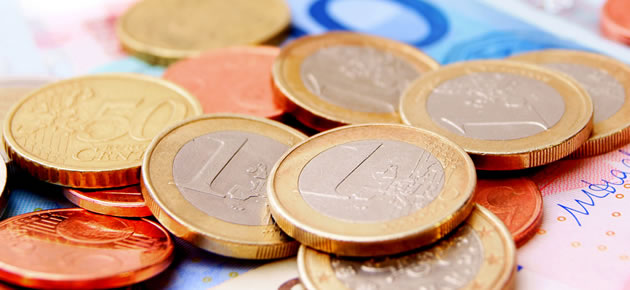The Euro to South African Rand (EUR/ZAR) exchange rate strengthened to its best level in nearly a week and hit a session high of 13.178.
South African Data Weakens Rand
Last week’s trade balance data had kept the Rand under significant pressure as the session began and things got worse for the South African currency with the release of a worse than forecast Kagiso PMI report.
‘The Rand and local bonds remain under pressure from a rising Dollar and poor local data. January’s 24-billion Rand local trade deficit is the worst on record and, while the poor performance is partly seasonal, it is worrying that exports dropped so sharply,’ said John Cairns, a trader from Rand Merchant Bank.
The PMI data showed that activity in the nation’s manufacturing sector contracted for the first time in four months as business activity fell sharply. The Kagiso PMI fell by a steeper than expected 6.6 points to a total reading of 47.6 last month. A figure below 50 indicates contraction in a sector.
A business activity sub index fell sharply by 16.2 points to a reading of 45.5. The data highlights the negative effects of an unreliable power grid and concerns over the strength of the South African economy.
Also weighing on the Rand was the surprise rate cut announcement by the Central Bank of China. The news weighed on the South African currency as it raised worries over the strength of the world’s second largest economy.
Eurozone Unemployment Hits 33-Month Low
The Euro advanced to session highs against many of its peers on Monday as data showed that the unemployment rate across the 19-member Eurozone fell to its lowest level since April 2012. Unemployment across the single currency bloc fell to 11.2% in January with the number of unemployed falling by 140,000.
A separate report also showed that the decline in consumer prices across the currency bloc slowed last month, suggesting that the region’s economy could be picking up.
‘Unemployment fell for the third month in a row to 11.2% in January, the lowest figure since April 2012. During the month, the number of people out of work fell by 140,000… The credit cycle looks to be turning, and a weaker Euro should benefit both exporters and domestically-focused firms,’ said Ben Brettel, senior economist at Hargreaves Lansdown.
A better than forecast inflation report also aided the Euro.
Investors will now be looking ahead to Thursday’s ECB interest rate decision and the launch of its €1.1 trillion quantitative easing programme.



